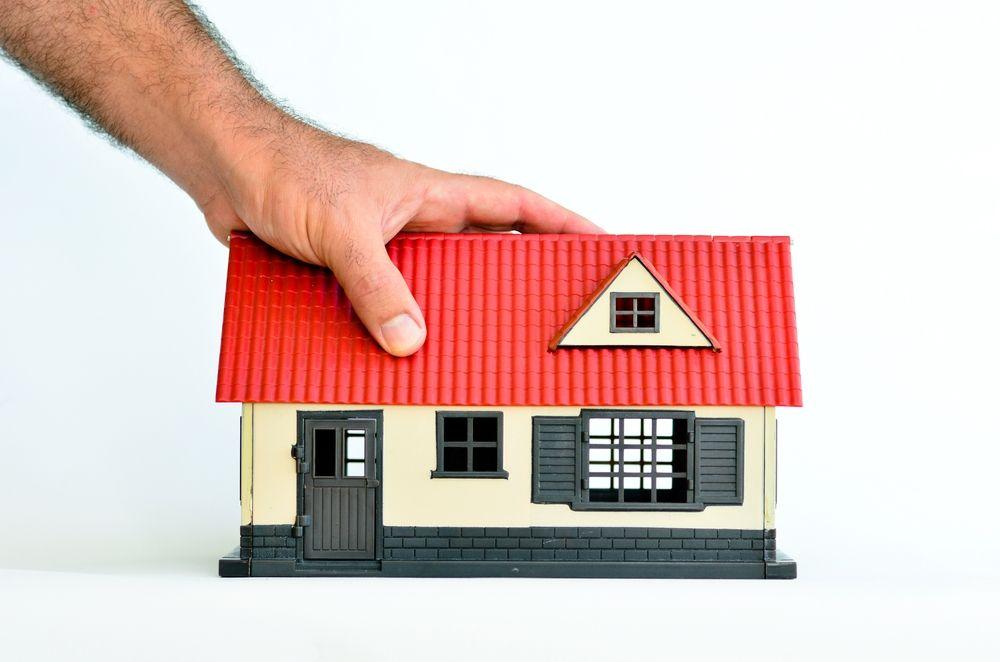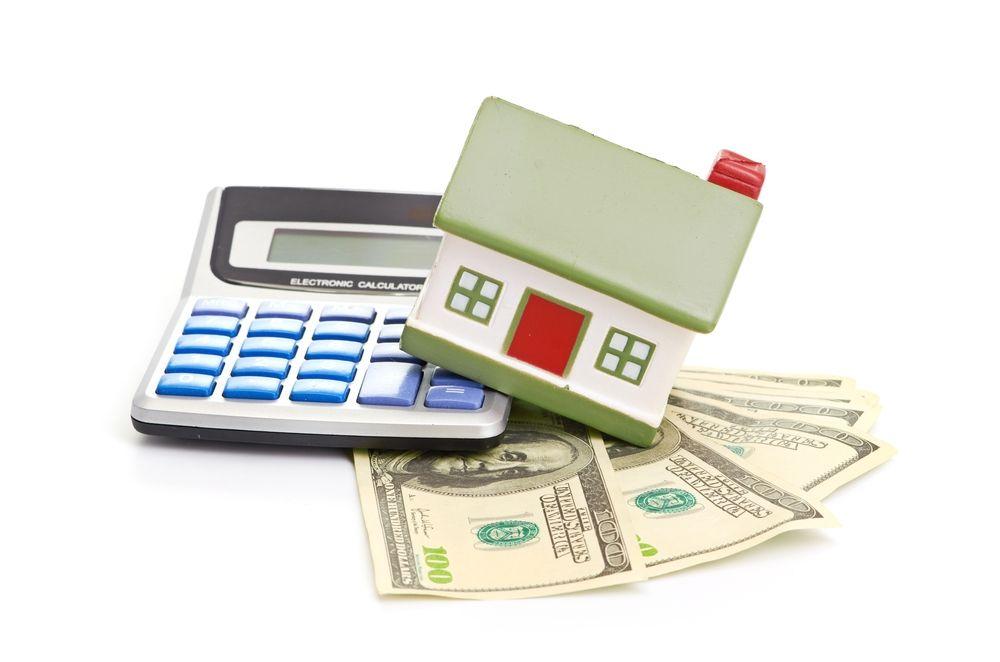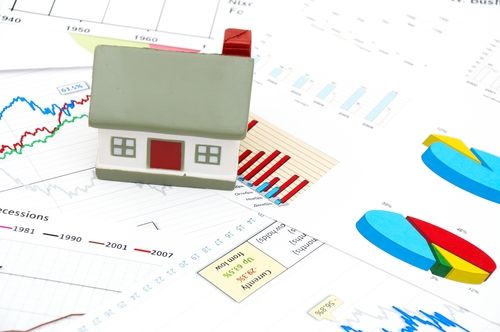While consumers today may be in situations that are more conducive to renting an apartment rather than purchasing a residence, in the vast majority of cases, it's more cost-efficient to buy a home than it is to rent, based on the results of a new survey.
, which was conducted by real estate information firm Zillow, in nearly two-thirds of the country's major metropolitan areas, homebuyers start to see a return on their investment in as little as three years after putting the money down on the residence.
In order to determine this, the Seattle-based real estate data firm took 30 of the country's most populous cities into account, analyzing the various costs that come with renting versus homeownership in the first quarter of 2013, such as for upfront payments, closings costs, anticipated rent, mortgage expenses, insurance, taxes, potential repair costs and utility bills. They found that in 64 percent of cases, buying was a smarter financial move than renting.
In fact, in some metro areas - such as Detroit, Phoenix and Miami - homeowners reached their "break even" point in as little as two years.
ROI can be lengthy in Brooklyn
There were some instances, however, wherein homeownership took longer than the national average of three years to break even. For example, in New York City, this point was reached shortly after six years of living in a purchased residence. And in certain boroughs, such as Brooklyn, it took as long as 12 years.
On balance, though, homeownership typically results in a more favorable economic position, according to Stan Humphries, chief economist at Zillow.
"Locally high home value appreciation in many areas, combined with historically low mortgage rates and low home prices relative to recent peaks, has made buying a home a more advantageous financial decision than renting for many would-be buyers," said Humphries. "The decision to buy or rent should always take into account a number of factors, one of which is how long a buyer or renter plans to stay in a property."
He added that as much as the numbers suggest homeownership to be a more favorable financial move, it may not be what's best for renters based on their present economic circumstances. Thus, he stressed to not stress one's budget beyond their means.
Home values nationwide are on the upswing. In a separate report released by the National Association of Realtors, home prices in the first three months of the year increased in 133 of 150 metropolitan statistical areas tracked.
Lawrence Yun, NAR chief economist, noted that while the increased prices may bode in favor of buyers hoping to purchase a property that is highly valued, it's a favorable market for sellers as well.
National median home price reaches eight-year high
As for specific numbers, the median national single-family home price through the first quarter of 2013 was $176,600, NAR notes, up 11 percent from $158,600 during the same period last year. This marks the largest upswing in average metro area home prices since 2005.
Whether consumers are in the real estate market to sell or to purchase a property, industry experts say that a crucial component of the process is the home inspection. As a general rule, home inspections are not required by law before a housing transaction can be completed, but they are highly recommended, as they help both parties come to an accurate determination of what the selling price should be.
Get the Latest Insights!
Sign up to stay up to date with latest tips, trends and updates from WIN.












